

Proposition 61, an initiative that’s intended to lower pharmaceutical prices paid by the state, has turned out to be one of the most expensive proposition battles ever fought in California as prescription drug companies are throwing more money at defeating this initiative than has ever been collected by one side in a ballot fight.
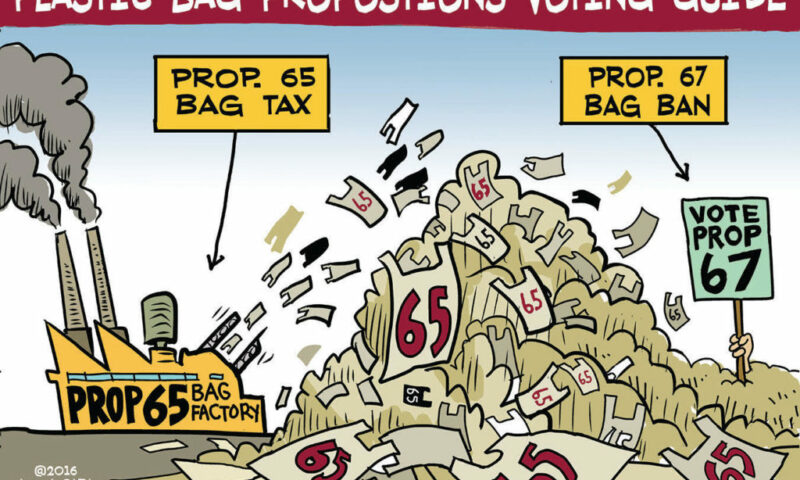
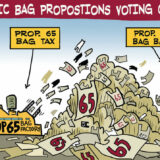
When Bisbee, Arizona banned single-use plastic bags in 2014, leaders in the plastics industry worried Bisbee had sparked a trend. So they did what corporate lobbyists do in a reliably conservative state: They persuaded legislators and the governor to declare bans like Bisbee’s illegal.


Of the 17 propositions on this year’s California ballot, few are as divisive as the issue of capital punishment. There are actually two separate initiatives targeting the death penalty: Proposition 62, which would abolish the death penalty, and Proposition 66, which would speed up executions.
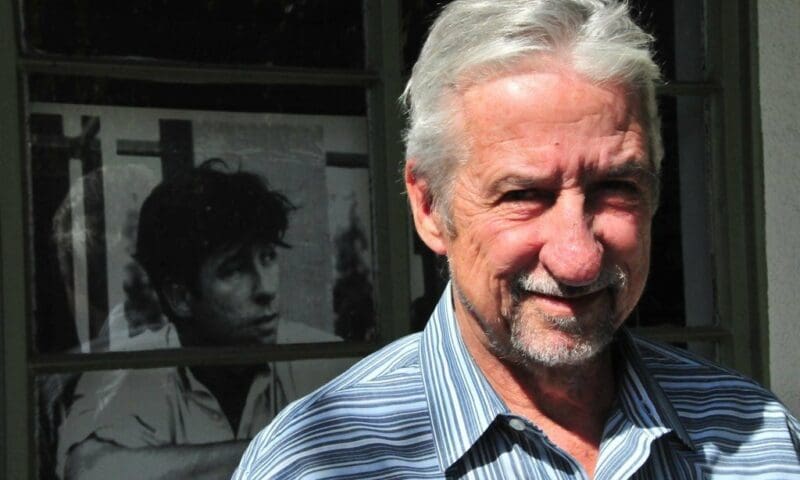

Tom Hayden was the leader of a generation that disdained leaders. A thinker who could articulate the agonies of young dissenters to the larger world in plain English and a life-long activist who believed that Americans could move our country towards increased justice and fairness.
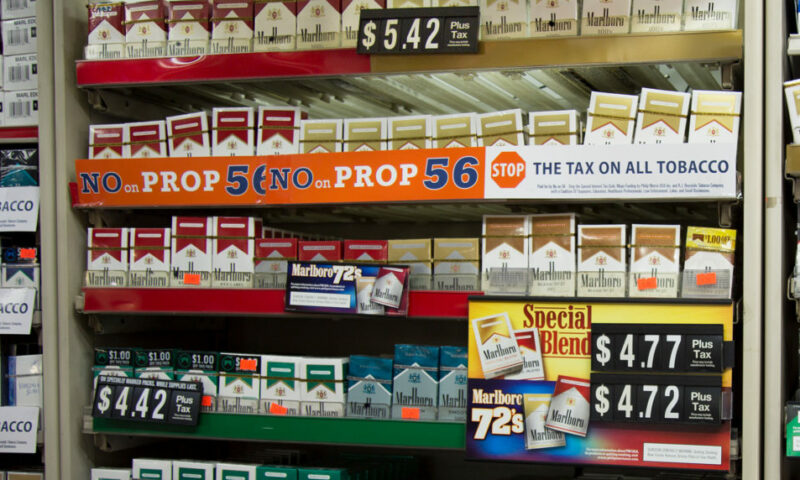
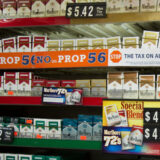
The old-school image of a rock star was a guy smoking a cigarette, and Tris Imboden was that guy. As the drummer for the band Chicago for the past quarter-century, or on the road with Kenny Loggins or Chaka Khan, smokes were just part of what it meant to be a musician. What it meant to be cool.


It’s been 105 years since California voters were granted, by a progressive governor and his forward-thinking allies, the right to make laws at the ballot box. We were not the first to gain the privilege; 11 states got there first. Today 24 states allow for direct legislation, which they exercise with varying degrees of intensity when the need arises.
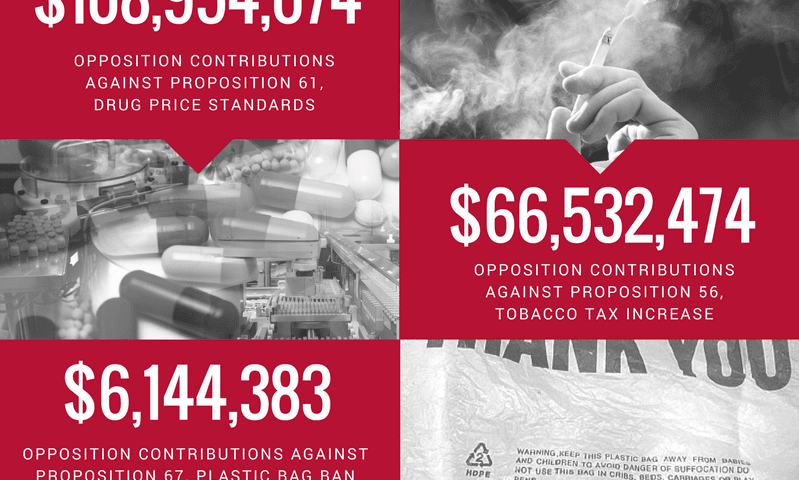
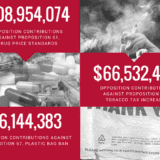
A snapshot of some of this election year’s high-rolling corporate donors.
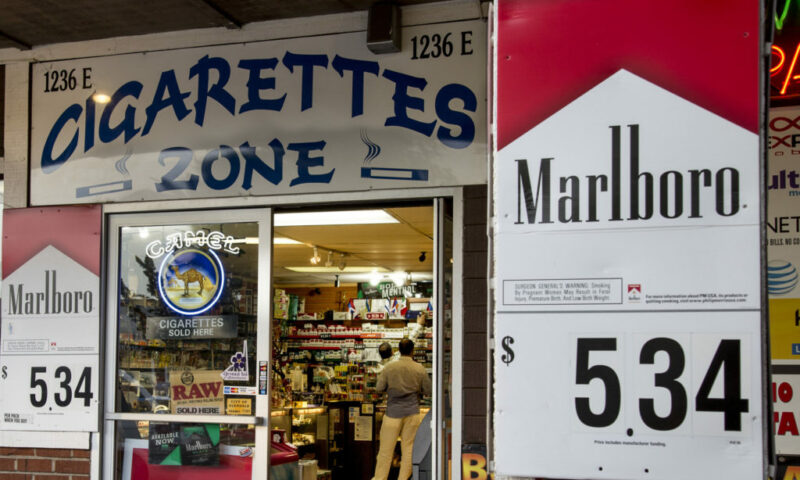

This week Capital & Main examines several of the 17 voter initiatives, taking a hard look at corporate influence over California’s ballot-box legislation.
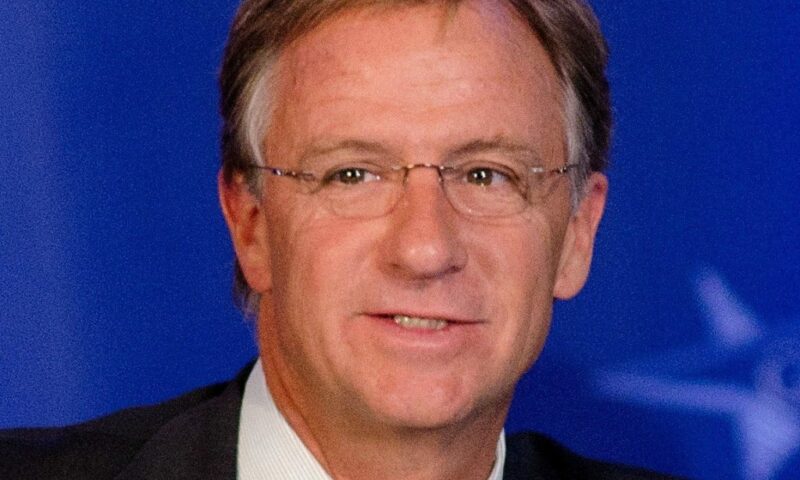

Tennessee Governor Bill Haslam, whose family owns the Pilot Flying J chain of truck stops, has refused to release his tax returns since running and being elected in 2010. It wouldn’t matter so much if Haslam were your run-of-the-mill governor. But he’s the country’s richest politician, with a net worth of $2 billion.


Beginning October 27, the Latino Theater Company will host a program by the New York-based experimental company, Theater Mitu, entitled Juárez: A Documentary Mythology. The piece is based on raw interviews of the residents of El Paso, Texas and Ciudad Juárez , Mexico, who tell what it’s like to live and work in a city with a reputation as the “murder capital of the world.”